When Death Occurs
What to do When a Death Occurs
Immediately following the death of a loved one, there are many decisions that must be made. At this time, you may find your emotions are heightened, and for that reason it is a good idea to ask for help in making decisions and arrangements. Additionally, the funeral home’s staff is honored to assist you in making the best decisions possible. This information can help guide you and your family through the process.
Contact The Proper Authorities
Before any arrangements and decisions can be made, a legal pronouncement of death must be declared. If your loved one dies inside of a medical or nursing facility (ie. hospital, nursing home, hospice house), the staff will handle getting this declaration made. If your loved one dies at home (not under hospice care), immediately contact (911) local emergency officials to come and pronounce the death. A family member who passes under hospice care will first call hospice, so a nurse can come out to the home to pronounce the death. This legal declaration must be made before the family can proceed with making any funeral arrangements or handling any legal affairs.
Begin To Make Arrangements
Once your loved one has been declared dead you and your family can proceed with making funeral arrangements. Your loved one may have pre-planned their services or shared their final wishes with you. The funeral home will contact you to set a time for funeral arrangements after your loved one is in their care.
During this time, if the deceased hasn’t made their final wishes known, the family will need to decide if they will bury or cremate the body, and what type of service should be held. These decisions include the time, date and location of any service; what type of casket or urn your loved one needs; drafting an obituary notice; deciding on pallbearers; and make any decisions about the specifics of the service, like who the minister will be, what music will be played, and who will speak.
As part of the process to begin making the funeral arrangements, if the deceased was active or retired military, locate his/her military discharge paperwork or record of separation (DD214) and bring this to the funeral arrangement. The funeral director will assist with military benefits, including burial flag, arranging military honors, national cemetery scheduling and ordering the VA marker.
Information Funeral Directors May Need
Once you have met the funeral director, they will advise you on any information or paperwork they need for the death certificate or to proceed with making final arrangements.
Information Required:
- Full name and address
- Marital status
- Race/Ethnicity
- Date and city of birth
- Highest level of education
- Father’s full name, Mother’s full maiden name
- Name of spouse
- Occupation and industry
Other Documents that May Be Helpful
Funeral directors will need important documents to complete any legal paperwork. These documents include:
- Life insurance policies and beneficiary designations
- Military discharge papers (form DD 214)
- Social Security Card
- Birth Certificate (to assist with place of birth and/or parents names)
Taking Care Of Personal Property
Following the death of your loved one, there are few things you need to attend to involving the deceased’s personal life. First, secure your loved one’s property. Make sure their home and vehicle are properly secure. If your loved one has a pet, make the necessary arrangements for the pet to be taken care of by family or friends. Any mail that comes to your loved one should be forwarded to a family member or friend handling the deceased’s estate. Any mail that piles up at a vacant home only alarms potential intruders that a home is empty. Make sure to contact the deceased’s boss and inform them of the death. If your loved one had any upcoming appointments, make contact to notify them about the death and to cancel the appointment.

